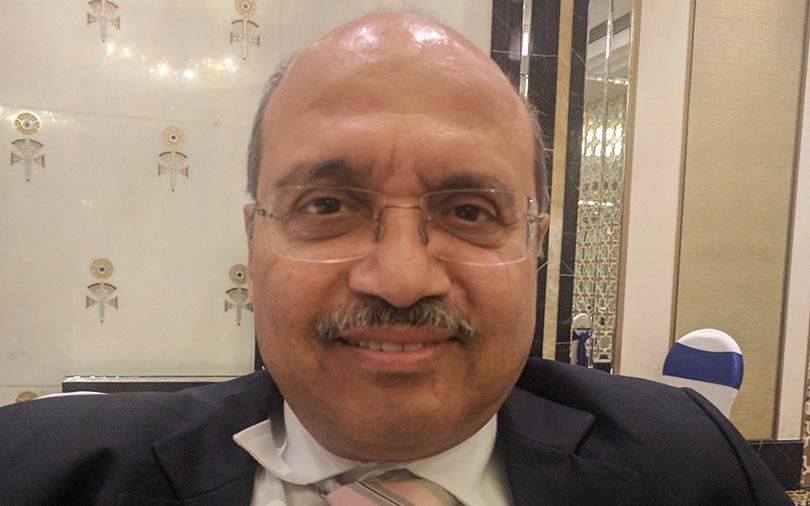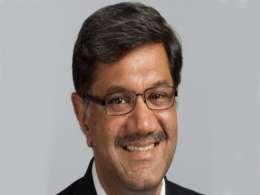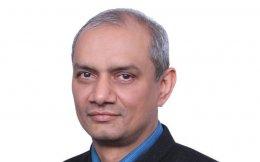The government and the Reserve Bank of India have been making efforts to clean up the $150 billion of stressed assets on banks’ books. This provides plenty of opportunities for private equity firms and asset reconstruction companies to buy assets at attractive valuations. Renuka Ramnath-led Multiples Alternate Asset Management Pvt. Ltd is also looking at such assets. But the homegrown PE firm wants to build value through restructuring rather than focusing on recovery via liquidation, says managing director Sharad Bhatia. In an interview with VCCircle, Bhatia also talks about building a pipeline for investments and other issues. Excerpts:
You were hired to start the stressed asset segment at Multiples. What's the progress? Are you looking at any opportunities?
The Special Situations team was inducted for exploring opportunities in the stressed and special situations segment. The team has a wealth of experience in both acquisition and resolution of stressed assets.
We are focussed on identifying suitable opportunities which have good business potential, but are available at deep value due to the underlying stress and thus represent avenues for suitable risk-adjusted returns.
We are evaluating all options and do not perceive an acute need for setting up an asset reconstruction company (ARC). In case the situation subsequently so warrants, we may consider setting up an ARC at that time. Meanwhile, we are open to working with other ARCs to capitalise on mutual synergies.
We are not focusing on any eyeball-grabbing deals. We would rather target cases available at deep value, in stressed or special situations, and avoid sectors where the scope for regulatory intervention is high.
What are the challenges you see as an investor? What is the learning from the market?
Investing in stressed assets is always challenging. The biggest hurdle is lenders’ unwillingness to take haircuts. The haircut is more a function of the provisions made on the books of the lenders rather than what the situation requires.
While the bankruptcy code is being touted as the Holy Grail, I think one should give it time to be effective as it is yet to be tried and tested. My heart says it needs to be successful, but my head says one needs to be cautious.
All our past legislations such as Sick Industrial Companies Act, the Recovery of Debts Due to Banks and Financial Institutions Act and the Securitisation and Reconstruction of Financial Assets and Enforcement of Security Interest Act (SARFAESI Act) were enacted with the best of intentions. But they have hardly been effective at meeting their objectives.
Our experience in this space has taught us the virtues of both patience and persistence.
In the stressed asset segment, are you looking at some of Multiples’ own portfolio companies or third-party companies?
We would be looking at companies outside, in both the listed and unlisted space, which meet the criteria we discussed. Our attention would be focussed on building value through restructuring rather than focusing on recovery through liquidation. We are in touch with market intermediaries, bankers and corporate houses to build a pipeline for our investments.
Why not look at a separate stressed assets fund? Does that feel more appropriate now? If so, why?
Multiples’ funds have the flexibility to invest in stressed assets and we have adequate capital, so there is presently no need to raise a separate fund. At some stage, if the market for stressed assets expands significantly and we and our investors believe that it warrants a separate fund, we will then evaluate it. But currently, our focus is on doing a couple of good investments.
Are you raising any new fund?
Multiples raised the second fund in 2016. At this stage, we have adequate capital for deployment. Given our investment track record and investor profile, we believe it should not be difficult to mobilise fresh funds as and when required.
Some portfolio companies such as Delhivery and Vikram Hospitals had plans to go public. What’s the status of these companies?
Delhivery has just concluded a fundraise of over $ 100 million in a round led by Carlyle. Vikram Hospitals is a strategic asset but as a single hospital, we have never considered an IPO.
Like this interview? Sign up for our daily newsletter to get our top reports.






